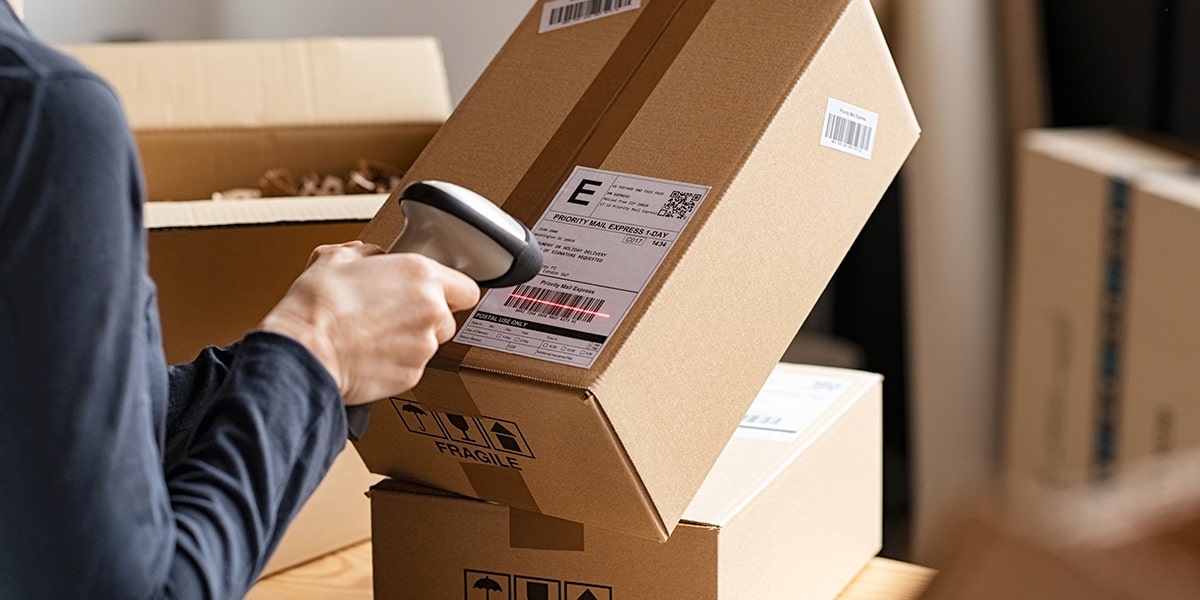BPA Content Testing in Plastic Packaging
Bisphenol A (BPA) is a widely used chemical found in many plastic products. Due to its potential health risks, especially when it leaches into food and beverages, BPA content testing has become an essential part of consumer product safety. This service ensures that the plastic packaging meets regulatory requirements and protects public health.
The testing involves identifying the presence and concentration levels of BPA in various types of plastic used for packaging. Compliance with international standards like ISO 18709, ASTM D3465, and EN 14362 is crucial to ensure that products are safe for consumer use.
Our testing process includes the following steps:
- Sampling: We collect representative samples of plastic packaging from production batches or finished goods.
- Solvent Extraction: The samples undergo a solvent extraction process to dissolve any BPA present in the material.
- Instrumentation and Analysis: High-Performance Liquid Chromatography (HPLC) with Mass Spectrometry (MS) detection is used for precise quantification of BPA levels.
The results of this testing are critical for quality managers, compliance officers, R&D engineers, and procurement teams who need to ensure that their products comply with regulatory standards. By eliminating or reducing the presence of BPA in packaging materials, companies can enhance brand reputation and meet consumer expectations.
Scope and Methodology
| Test Parameters | Description |
|---|---|
| Sampling | We collect samples from various parts of the packaging to ensure a representative analysis. |
| Solvent Extraction | The sample is exposed to solvents that can dissolve BPA, allowing for accurate quantification. |
| Instrumentation | HPLC-MS is used to identify and measure the concentration of BPA in the extracted samples. |
The methodology adheres strictly to ISO 18709, ASTM D3465, and EN 14362. These standards provide a robust framework for ensuring consistent and reliable results. The testing process is designed to be thorough and precise, yielding accurate data that can be used to make informed decisions about product safety.
Industry Applications
| Application | Description |
|---|---|
| Food and Beverage Packaging | BPA content testing is crucial for ensuring that containers do not contaminate the contents. |
| Pharmaceutical Packaging | BPA-free packaging helps prevent contamination of medications, enhancing patient safety. |
| Toys and Childcare Products | BPA testing ensures that products are safe for use by children, reducing the risk of exposure to this chemical. |
Our service is applicable across various industries where plastic packaging plays a significant role. By adhering to these standards and providing accurate test results, we help our clients stay compliant with regulatory requirements and protect public health.
Eurolab Advantages
At Eurolab, we offer a comprehensive suite of services to ensure that your plastic packaging is BPA-free or contains safe levels of the chemical. Our advantages include:
- State-of-the-Art Facilities: We use advanced equipment and technology for accurate testing.
- Experienced Technicians: Our team has extensive experience in conducting BPA content tests.
- Comprehensive Reporting: Detailed reports are provided to help you understand the results and make informed decisions.
- Regulatory Compliance: We ensure that all tests align with international standards like ISO 18709, ASTM D3465, and EN 14362.
Our commitment to excellence ensures that you receive accurate, reliable test results every time. With Eurolab, you can be confident in the safety of your plastic packaging products.





